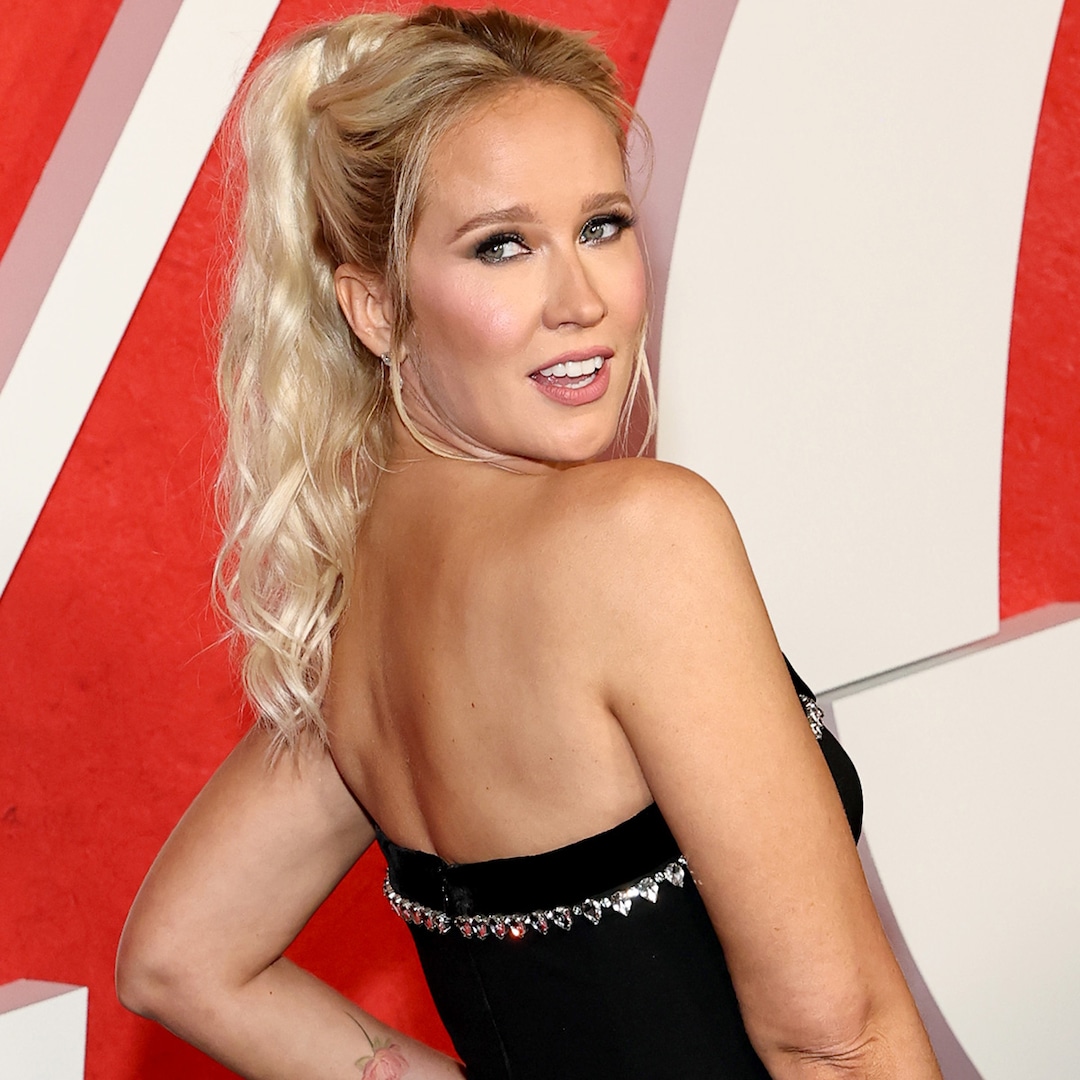What Happened
“Love Island USA” Season 7 has recently commenced, featuring a cast of islanders forming connections, experiencing drama, and navigating the complexities of relationships in a villa located in Fiji. The season has already seen significant developments, including recoupling events and the elimination of cast members. Notably, Belle-A Walker was sent home after failing to secure a partner during a recoupling, while Yulissa Escobar exited the show amid controversy over past remarks that resurfaced online.
As the season progresses, viewers have the opportunity to vote for their favorite islanders and couples through the official Love Island app. This voting system plays a crucial role in determining which couples remain in the villa and ultimately who wins the season. The couple with the most votes at the end of the season receives prize money, which they can choose to share or keep for themselves.
Key Details
- Voting Mechanism: Fans can vote for their preferred islanders and couples via the Love Island app. The voting influences which couples stay in the villa and who is eliminated.
- Eliminations: Belle-A Walker and Yulissa Escobar are the first two islanders to leave the villa this season. Belle-A was eliminated during a recoupling episode, while Yulissa left after facing backlash over past comments.
- Current Cast: The season features a diverse cast, including islanders from various states, with three contestants from Florida remaining in the villa as of June 10.
- Episode Schedule: New episodes of “Love Island USA” air from Thursday to Tuesday at 9 p.m. ET on Peacock and Bravo, with Wednesdays being the only day without a new episode.
- Final Voting Outcome: The winning couple at the end of the season is determined by viewer votes, with the finale featuring envelopes containing either prize money or nothing.
Multiple Perspectives
The voting system in “Love Island USA” has been met with mixed reactions. Supporters argue that it empowers viewers to have a direct influence on the show’s outcome, fostering a sense of engagement and investment in the contestants’ journeys. This interactive element is a hallmark of reality television, allowing fans to feel connected to the show beyond passive viewing.
Conversely, some critics express concerns about the potential for voting to be swayed by social media dynamics or fan bases rather than the genuine relationships formed on the show. This raises questions about the authenticity of the outcomes, as viewers may vote based on popularity rather than the strength of the couples’ connections.
Additionally, the controversy surrounding Yulissa Escobar’s departure has sparked discussions about accountability and the impact of past actions on present opportunities. While some viewers feel her exit was warranted due to the resurfaced comments, others argue that it reflects a broader issue of cancel culture and the challenges individuals face when past mistakes come to light.
Context & Background
“Love Island” is a reality dating show that originated in the UK and has since expanded to various international versions, including “Love Island USA.” The format typically involves contestants living together in a villa, forming romantic connections, and facing challenges that test their relationships. The voting mechanism is integral to the show’s structure, as it allows viewers to influence the narrative and outcomes.
The show’s popularity has grown significantly, leading to increased scrutiny of contestants’ past behaviors and public personas. This scrutiny can have real-world implications, as seen in Yulissa’s case, where past remarks led to her early exit from the show. The intersection of reality television and social media has created a landscape where contestants must navigate not only their relationships but also their public image.
What We Don’t Know Yet
As the season unfolds, several uncertainties remain. The full implications of the voting system on the dynamics within the villa are yet to be seen. It is unclear how viewer preferences will shift as the season progresses and whether certain islanders will be able to maintain their popularity.
Moreover, the long-term effects of Yulissa Escobar’s departure on the show’s narrative and viewer engagement are still to be determined. The response from the audience regarding her exit and the broader discussions about accountability in reality television will likely continue to evolve.
Additionally, the outcomes of future recouplings and eliminations remain uncertain, as the voting process will play a significant role in shaping the trajectory of the season. The impact of social media on viewer voting patterns and contestant relationships is also an area that warrants further observation as the season progresses.
In summary, “Love Island USA” Season 7 is characterized by its interactive voting system, dramatic developments among the cast, and ongoing discussions about accountability and authenticity in reality television. As the season continues, viewers will be keenly watching how these elements unfold and influence the show’s outcome.




